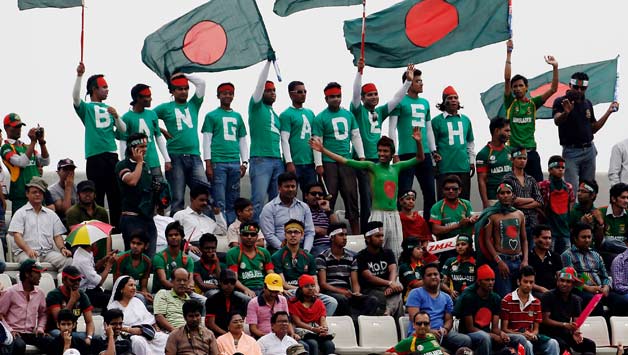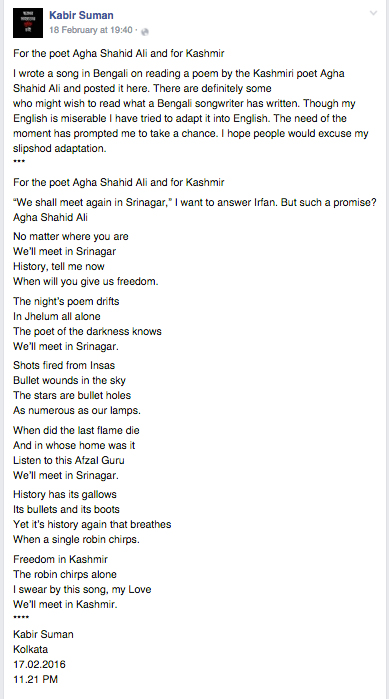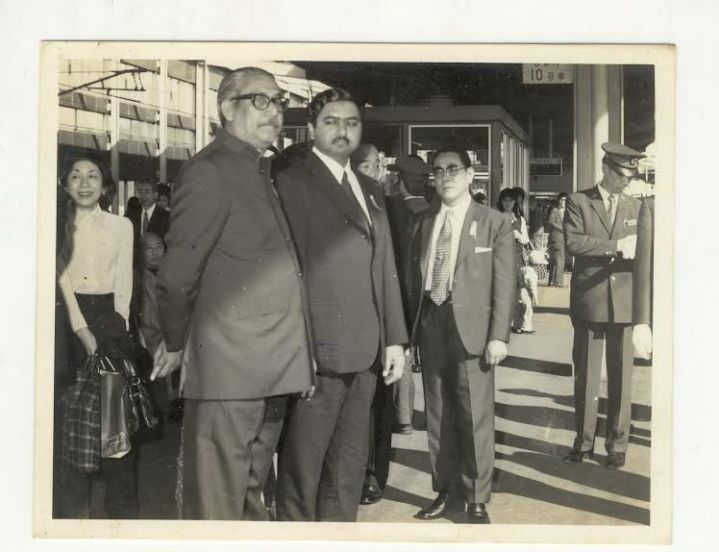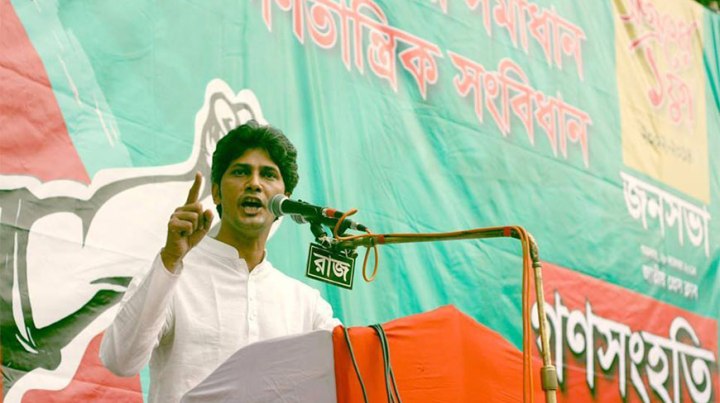 Sticky post
Sticky post
Remembering the Josephite Action Committee, 1969
During his visit to Dhaka in August 2025, writer Mahmud Rahman encountered a street art panel highlighting political discussions in schools. Reflecting on past student movements against dictatorship, he recounts a similar experience in 1968-69 at St Joseph’s High School, where he and his peers sought reforms and democratic rights amid oppression, ultimately feeling betrayed by authority. Continue reading Remembering the Josephite Action Committee, 1969

































































































































































